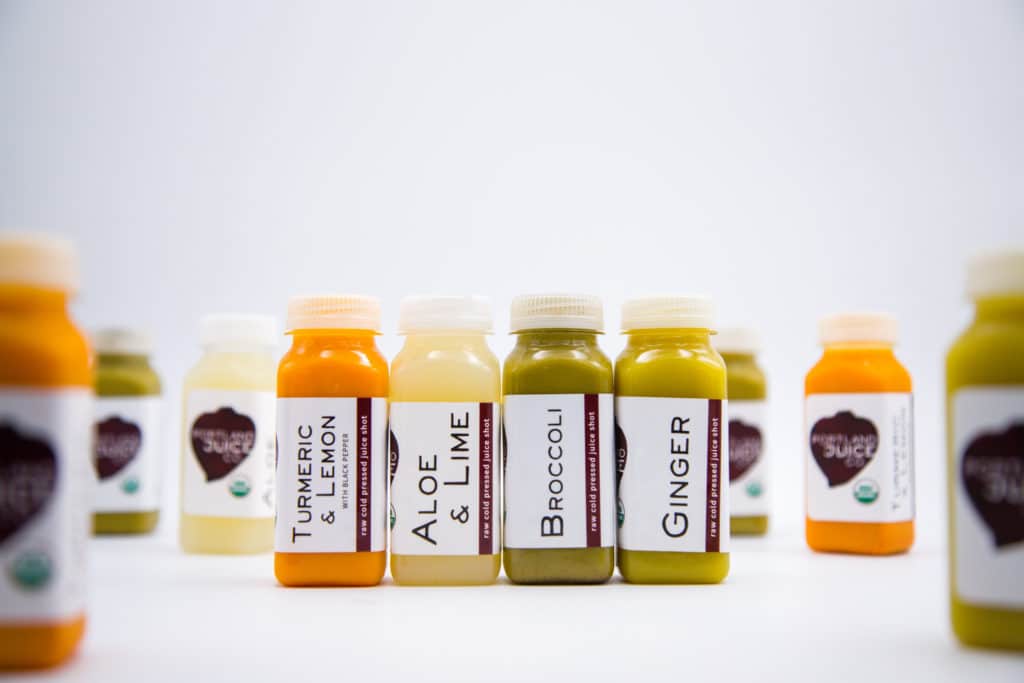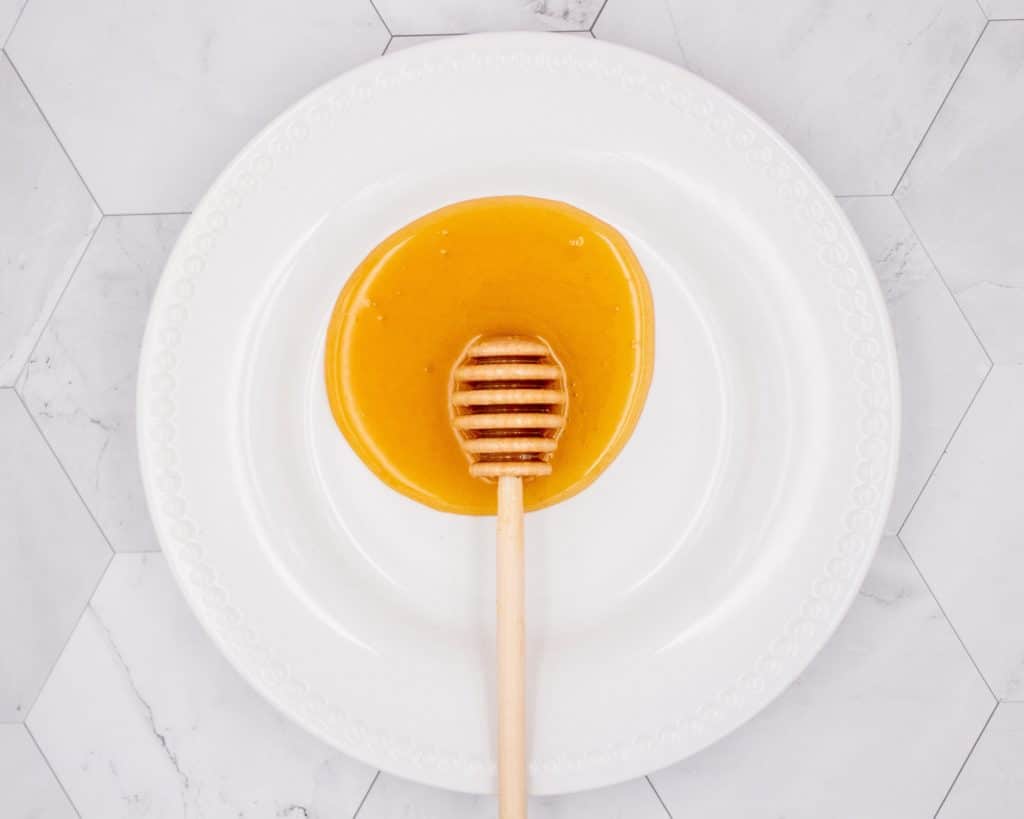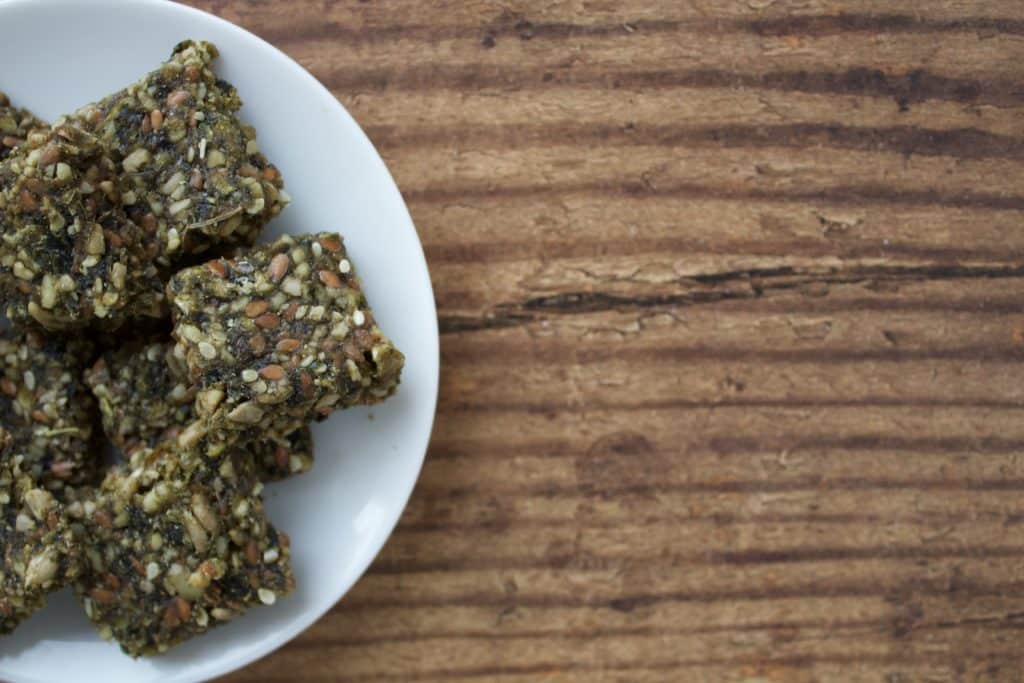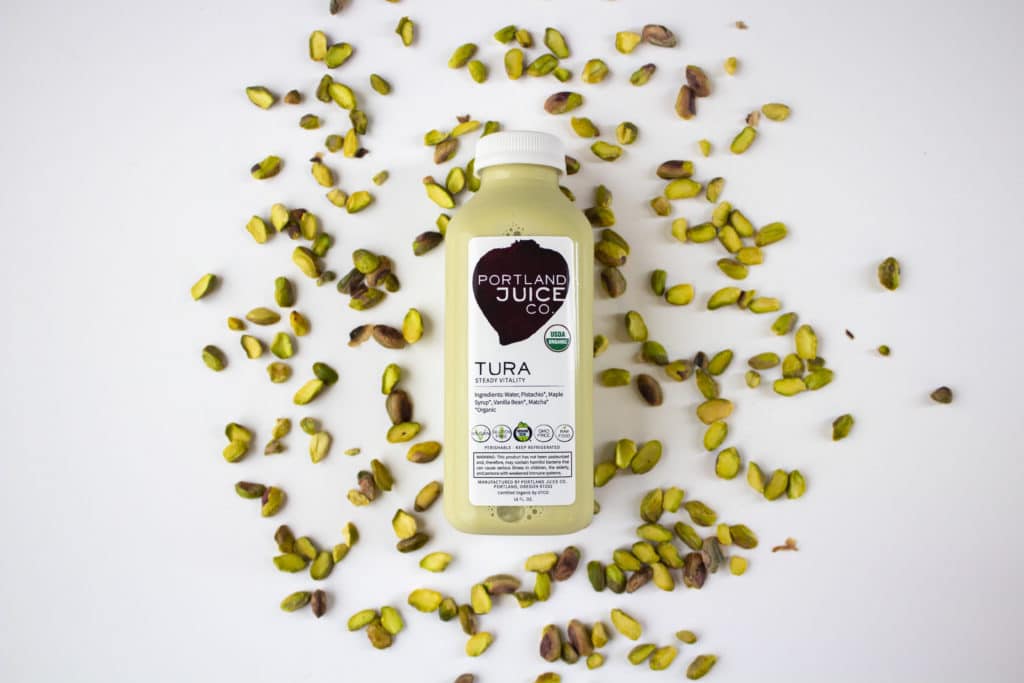Grapefruit Season!
We love when winter rolls around and the Shauca rolls in with it! Grapefruit is an incredible ingredient to add to your diet but many people don’t know much about this citrus fruit.
Benefits
Grapefruit juice is low in calories and packed full of nutrients. Grapefruits are a cross between an orange and a shaddock. This combination gives the fruit it’s sweet, tangy flavor. Grapefruit contains 91% water, making them one of the most hydrating fruits. Similarly, grapefruits improve insulin resistance, and as a result, can help with weight control. One nutrient that grapefruits provide is naringin. This powerful flavonoid has cardiovascular benefits, improves bone mineral content, and may help lower blood lipids. However, grapefruits are powerful against several other diseases. There is also evidence the it can help the body fight viral infections and breast cancer cell growth.
Should I Eat More Grapefruit?
While grapefruit has an impressive list of benefits not everyone should be including it in their regular diet. It can sometimes affect the way certain medications work. If you regularly take a medication, it’s important to know the possible food and drug interactions. Grapefruit has the ability to block an enzyme responsible for breaking down certain medications. The less of the drug that is metabolized, the more that enters the bloodstream, sometimes more than is recommended. Some of the medications that the citrus fruit can affect include drugs to treat high blood pressure, drugs used to lower cholesterol, anti-anxiety drugs, etc. Not every drug within these categories will be affected by grapefruit. However if you are unable to enjoy the bitter citrus fruit of winter, we recommend you try our OJ or Navai instead!
This is not the only culprit of food and drug interactions. Caffeinated beverages, leafy greens, dairy products, and alcohol can also mess with the effectiveness of certain medications.





